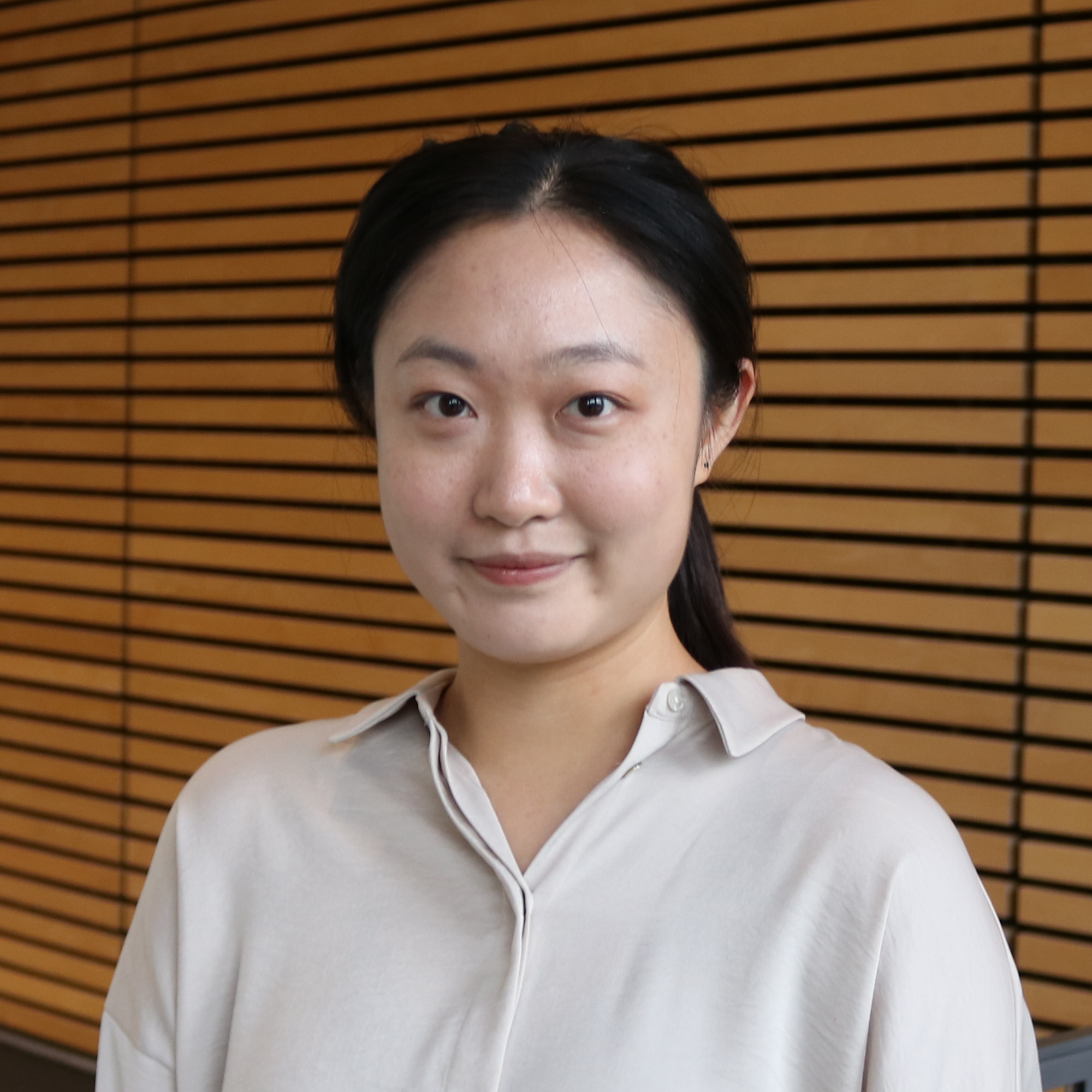Qiqi Ding

The Ohio Education Research Center — a collaborative of the John Glenn College and the Center for Human Resource Research — offers the Public Sector Data Internship Program for students interested in exploring careers in policy research and evaluation. Students receive instruction on data-based methods to investigate policy problems, and work at a state agency in Columbus for the summer. The program allows students to discover the exciting work that the Ohio Education Research Center and its affiliate partners are engaged in and gives students practical experience with theory they learn in college classes. This summer we have 5 interns participating in the program. To highlight their hard work and dedication this summer, the OERC will be featuring each of our summer interns.
Our first Intern of the Week is Qiqi Ding. Ms. Ding is a 4th year Economics major from Wenzhou, China. She is interning with the Ohio Department of Higher Education (ODHE) on a project analyzing their facilities data. Ms. Ding’s reflections on the internship are shared below:
This summer, I am working with ODHE four days a week, hybridly. Each Friday, I go into Page Hall where we have a troubleshooting meeting with the other interns. We talk about our weekly work update and share our work and data analysis experiences with each other.
My present project with ODHE is about the new construction facility data of Ohio Higher Education Institutions. Comparing with facility audits from other states, I analyze the Ohio facility function distribution and the construction cost fluctuation from 2016-2021. I am now researching the facility conditions and the facility users before and after the pandemic. I will propose a facility maintaining cost model with the inputs of enrollment type, faculty data, and facility condition data.
In my work, I use Tableau and Stata for data analysis. In Tableau, I created an interactive data dashboard to present change in facility type over time. In Stata, I adjusted the construction cost with the CPI data from the Federal Reserve with a loop and condition function. I also use Stata for dataset merge and basic statistical summary of the facility cost data.
My favorite part of the internship is that it deals with an interesting topic. In the past, I have learned much about the facility data. This internship lets me go deep into the higher education facilities and the facility audit which is reported to the public. I love to explore the comparison of facility usage before and after the pandemic.
Developing these skills with the informative and functional Tableau software also attracts me. I can choose and address various data visualization methods to present the results of my analyses. I also really enjoy hearing from the guest speakers that meet with the interns on Friday mornings. The speakers abundantly share their work experience in applied data skills for their specific career. I was also able to attend the LMI conference in downtown Columbus and was able to network, make lots of connections, and become informed with the latest labor and economic connection updates. One of the most challenging aspects of the internship for me is improving my communication skills. As a second language speaker, the most challenging thing I face is using the proper words to properly convert the data results to audience presentation.
I would recommend the Public Sector Data Science internship to other students because my internship feels very important and I am truly contributing to ODHE. In the internship you can really work to achieve your values and participate in meaningful work. It is also an opportunity to advance your data analysis skills, which is a really solid foundation for your future career.
